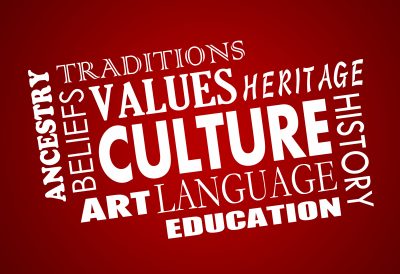Improving Cultural Competence in Senior Care Through Training

 The increasing diversity of the U.S. and other nations offers opportunities and challenges for senior care care providers, health care systems, and policy makers to create and deliver services to culturally diverse patients and to train and increasingly culturally diverse workforce. Cultural competence refers to an ability to interact effectively with people of different cultures. Cultural competence comprises four components: (a) awareness of one's own cultural worldview, (b) attitude towards cultural differences, (c) knowledge of different cultural practices and worldviews, and (d) cross-cultural skills. Developing cultural competence through training can result in a better ability to understand, communicate with, and effectively interact with people across cultures and can lead to a 15% decrease in miscommunication. In senior care, this communications training can significantly improve outcomes, especially in caring for those with dementias, chronic illness, pain and at end-of-life.
The increasing diversity of the U.S. and other nations offers opportunities and challenges for senior care care providers, health care systems, and policy makers to create and deliver services to culturally diverse patients and to train and increasingly culturally diverse workforce. Cultural competence refers to an ability to interact effectively with people of different cultures. Cultural competence comprises four components: (a) awareness of one's own cultural worldview, (b) attitude towards cultural differences, (c) knowledge of different cultural practices and worldviews, and (d) cross-cultural skills. Developing cultural competence through training can result in a better ability to understand, communicate with, and effectively interact with people across cultures and can lead to a 15% decrease in miscommunication. In senior care, this communications training can significantly improve outcomes, especially in caring for those with dementias, chronic illness, pain and at end-of-life.
Training the workforce on understanding cultural issues that are relevant to better understanding patient and family values and needs will. Cultural competence enhances the ability of providers and organizations to effectively deliver health care services that meet the social, cultural, and linguistic needs of patients. A culturally competent health care system can help improve health outcomes and quality of care, and can contribute to the elimination of racial and ethnic health disparities. Examples of strategies to move the health care system towards these goals include providing relevant training on cultural competence and cross-cultural issues to senior care and health professionals and creating policies that reduce barriers to patient/resident care.
Cultural competence training methods can enhance transparency between language, values, beliefs, and cultural differences. Training in cultural competence often includes careful consideration of how best to approach people's various forms of diversity. This new found awareness oftentimes allows people to better establish equity in their environments and enhances interrelationships between one another for increased productivity levels.
Pam Brandon is President/Founder of AGE-u-cate Training Institute, whose mission is to develop and deliver aging and dementia training to professional and family caregivers.


